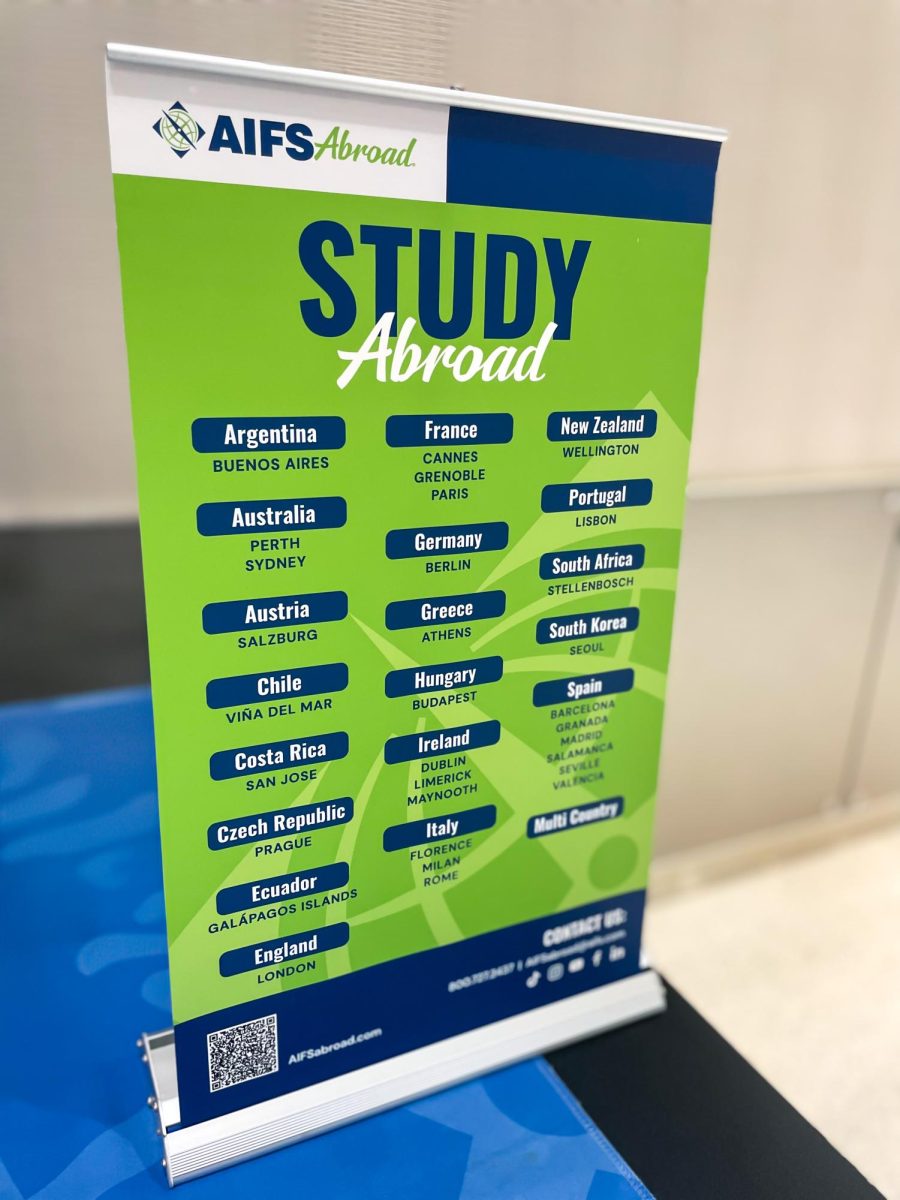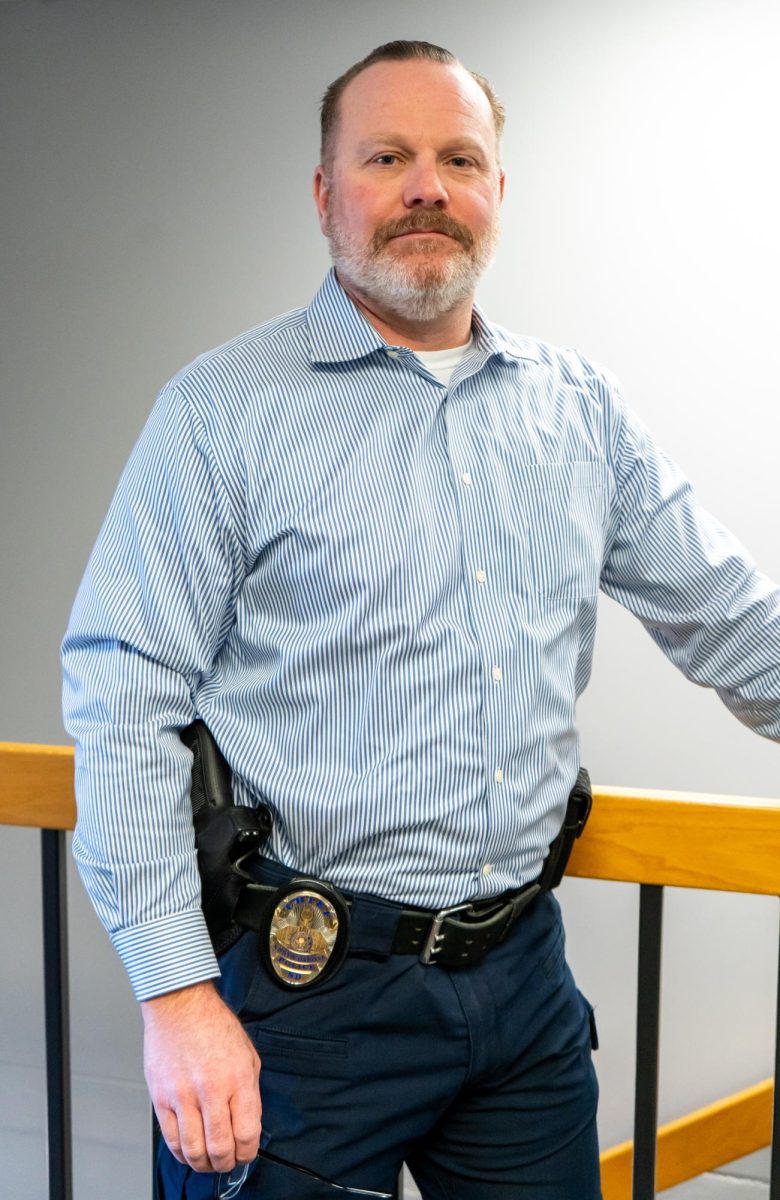The COVID-19 pandemic halted global travel and the University of North Dakota’s study-abroad programs with it. However, UND is receiving renewed student interest in studying abroad in this post-pandemic period.
Krysta Hoffman, the UND’s study-abroad coordinator, has been helping students study abroad for about a decade. After returning to her native state of North Dakota, she brought her experience to UND about a year and a half ago.
“I moved back to the area about three years ago,” Hoffman said. “When this opportunity opened at UND, I was excited to apply my background working in study-abroad.”
After studying in Spain for two semesters while pursuing her bachelor’s degree, Hoffman received her Teaching English to Speakers of Other Languages certificate after her graduation. This allowed Hoffman to take her career abroad, where she taught the English language in Chile.
“I discovered a whole new world of all the other Spanish-speaking countries outside of Spain,” Hoffman said. “Obviously, Spain is wonderful for studying and learning the Spanish language and culture, but there’s so many other countries in the world that you can do that in as well.”
In addition to Spanish-speaking countries, UND offers students the opportunity to study in many regions around the globe.
“We are starting to see a big regrowth since the pandemic,” Hoffman said. “We have been slowly creeping up, but this year, we are seeing a lot more interest than the last couple years.”
To begin the process of studying abroad, students meet with both their study-abroad and academic advisors to determine what program coincides with their coursework and personal interests.
“We always say, start planning as soon as possible and have the conversations now, so that you can plan on which semester or summer is the best time to go,” Hoffman said. “If they plan ahead, it gives students extra leeway where they could take a course that integrates them into the local culture.”
To apply for a study-abroad program, students must meet a set of requirements which include a minimum grade point average of 2.50, at least 24 university-level credits before scheduled program departure, in good standing with the UND’s Office of Student Rights & Responsibilities, and an updated passport. If the requirements are met, an academic advisor will assist students in applying to their programs.
“Once you are accepted and committed to the program, we will do a pre-departure orientation,” Hoffman said. “It is a one-credit class the semester before you go, and we go through everything you need to be prepared to study-abroad during that course.”
Study-abroad programs come in many different forms, from a university-directed trip over a few weeks to direct enrollment in a foreign institution. These programs do not consist of only classes either, some are internships.
“Nobody has ever told me they regretted studying abroad, and often other faculty will tell me they wish they would have studied abroad. The biggest feedback I have is to just do it,” Hoffman said. “Let us explore program options, scholarship opportunities, and ways to keep it affordable, or how can we overcome some of those barriers.”
Dylan Campbell is a Dakota Student General Reporter. He can be reached at dylan.campbell@und.edu.









